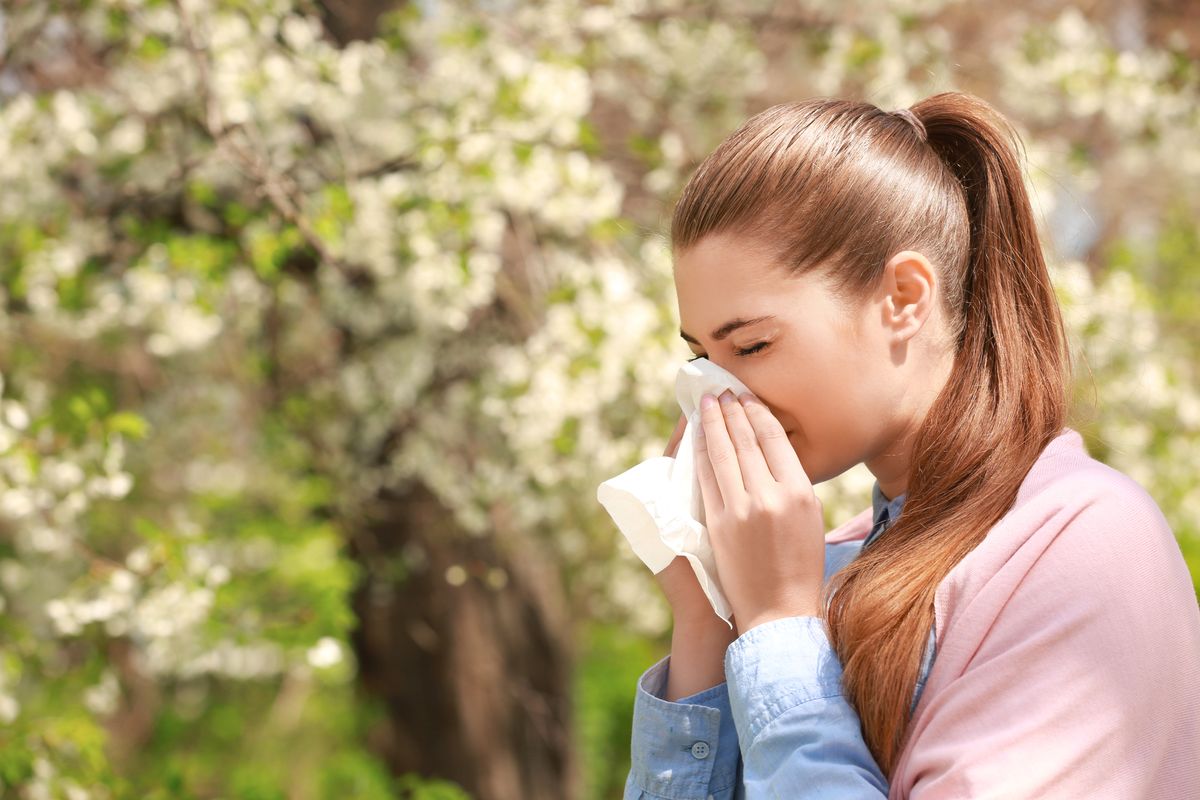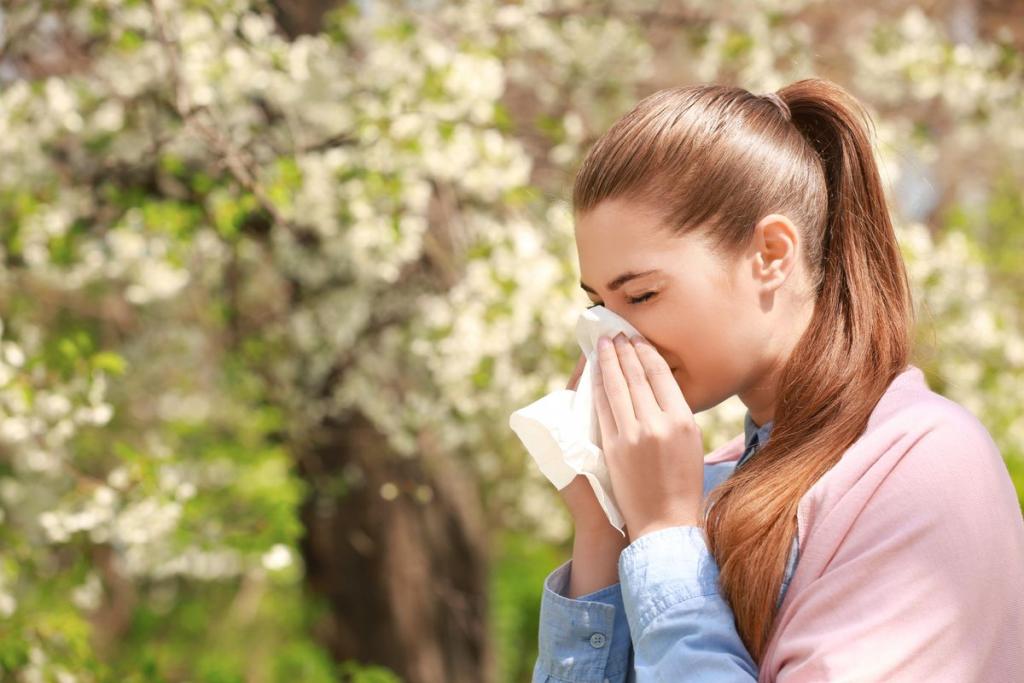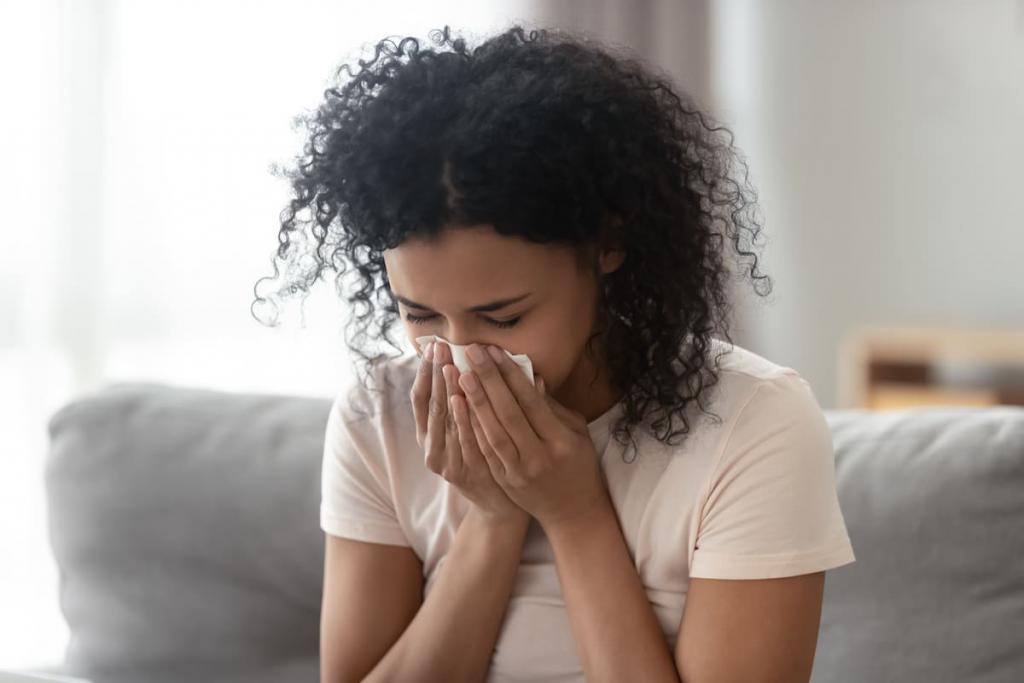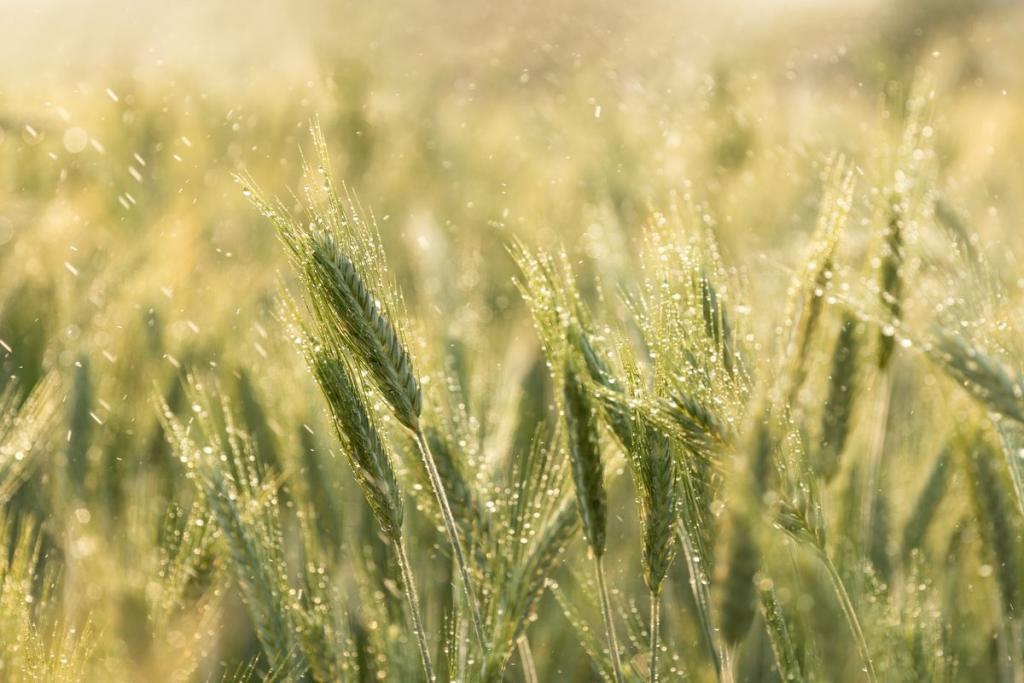Health
Allergy to grasses: symptoms, period, causes and most effective remedies

Allergy to grasses is one of the most widespread allergic forms of all. Let’s find out the symptoms, the period and all the useful remedies.
The allergy to grasses is a particular allergic form that completes a good portion of citizens from all over the world. In fact, it seems that about 15% of the world population suffer from it, and it is very common especially in children. This type of allergy is triggered during the flowering of pollen, and the species involved are many, from barley to corn to rice.
– What are the grasses
– Allergy to grasses: period and causes
– Symptoms
– Prevent allergy
– Treat allergy to grasses
– Foods to avoid
What are the grasses?
What are grasses? It is a family of plants found in almost all habitat types, from humid to drier environments. They thrive at all altitudes and are adaptable to almost all climates. These characteristics of adaptability make them dangerous for allergy sufferers, of greater or lesser extent.
The main grass plants responsible for allergy are:
– wheat
– barley
– oats
– rye
– corn
– rice
Then there are also spontaneous grasses, such as weeds and reeds, while other food grass plants that we find in our diet are bamboo plants , but also sugar cane and kamut (which is nothing more than a type of wheat often referred to as eastern wheat).
What is grass allergy: period and causes
Grasses are the basis of our diet and at the same time the main causes of allergies, it is therefore practically impossible to avoid them completely: they are widespread all over the world and in the first months of spring they release large quantities of pollen into the air.

The period in which the symptoms of this allergy occur most is the one that goes from March to September: the causes of pollen allergy is a reaction of our immune system, which mistakenly identifies pollen as dangerous substances and therefore starts a production of antibodies, immunoglobulins, which in turn stimulate mast cells to release histamine, a particular substance that causes inflammation and the classic symptoms of allergy.
Allergy to grasses: symptoms
As we have understood, it is the mast cells that, by releasing histamine, cause our body to become inflamed. But how do symptoms manifest in allergy sufferers?
Reactions to exposure to grasses may include:
-Itchy eyes and palate
– Itchy nose
– Tearing
– Allergic cough
-Reduction of smell

All of this can lead to more advanced symptoms if exposure is prolonged. Symptoms such as
-Asthma
– Wheezing
-Urticaria
-Rinite
– Allergic conjunctivitis
In practice, when should we be alarmed and when not? Of course, for some sneezing, runny nose or tearing we can rest assured, but there are cases that even lead to diarrhea , dyspnea (breathing difficulties), sleep disturbances and risk of anaphylactic shock.
How to prevent allergy?
First of all, it is essential to avoid contact with allergens that cause allergic reactions as much as possible, perhaps trivial information but it is certainly the first rule to follow. Then, an idea may be to report your condition to the people close to us, so as to facilitate any emergency interventions.

Furthermore, a tip is to take care of domestic hygiene and all the most frequented environments, paying more attention to objects such as beds (linen, pillows, etc.), armchairs, sofas, carpets and air conditioners.
Finally, it may be a good idea to avoid climates and environments that are too dry or too humid, it is also advisable to absolutely avoid smoking and maintain a regular and balanced diet.
How to cure grass allergy
If symptoms occur that can be traced back to this type of allergy, the advice is to contact an allergist doctor immediately , so as to diagnose what type of allergy we have. At that point there are several treatments that we can implement, from the classic antihistamines, which deal with blocking the production of histamine and relieving most of the symptoms, to decongested sprays , bronchodilators and desensitizing therapies or immunotherapies.
There are also natural remedies for allergy that can support the treatment. Among the main products recommended are black currant , perilla, dog rose and adatota. Contact the herbalist closest to you for more information.
Allergy to grasses: foods to avoid
If the allergy is very heavy, not only the pollen could bother you, but also cross allergies to some foods of vegetable origin due to an allergenic relationship that tends to activate the immune system in the same way. Do you suffer from grass allergy? Foods to avoid are: watermelon, kiwi, peach, plum, citrus, melon, apricot, cherry, almond, tomato.
Not everyone experiences allergic reactions, so it is good to discuss with your doctor and allergist before eliminating all these foods from the diet.
Riproduzione riservata © - WT











